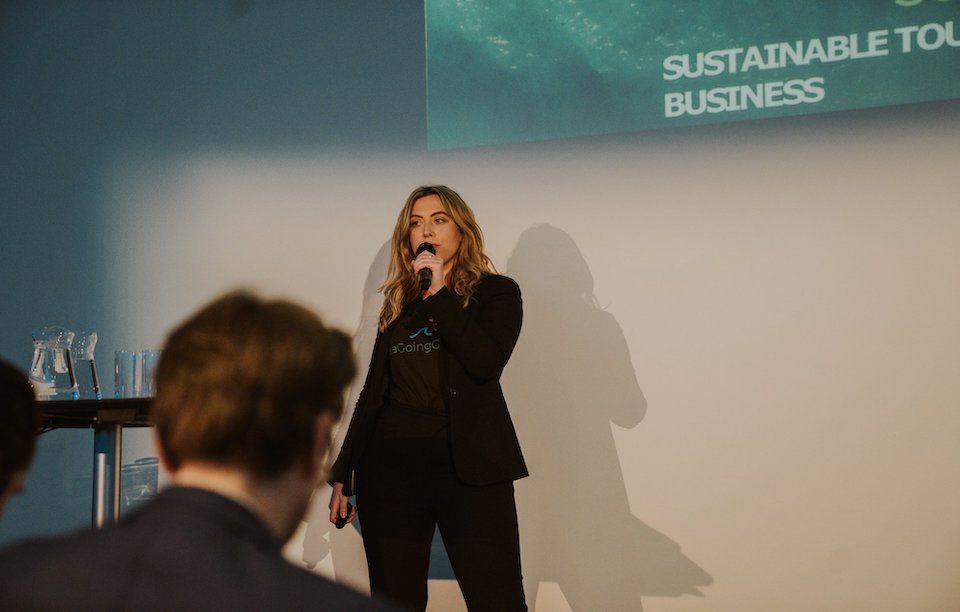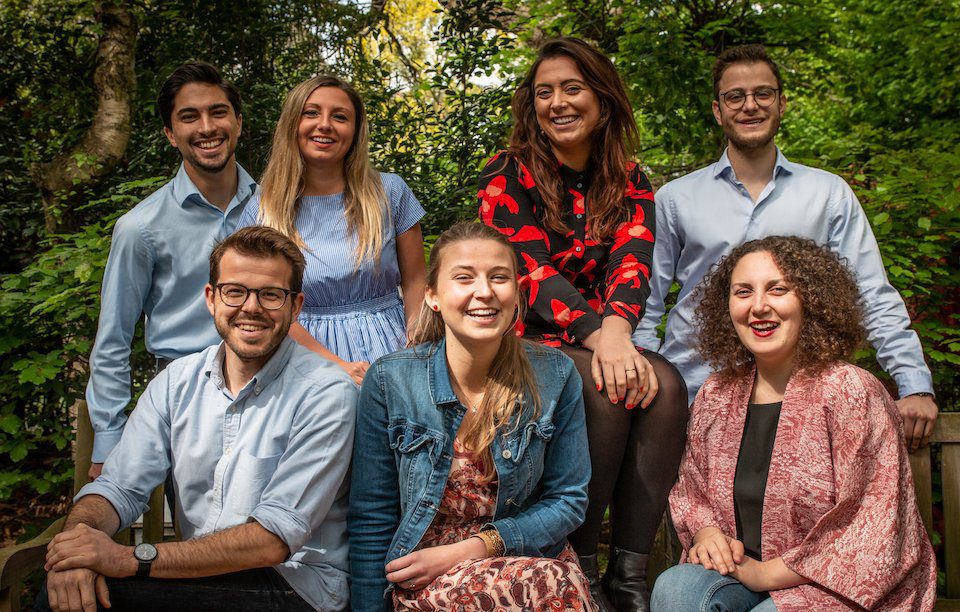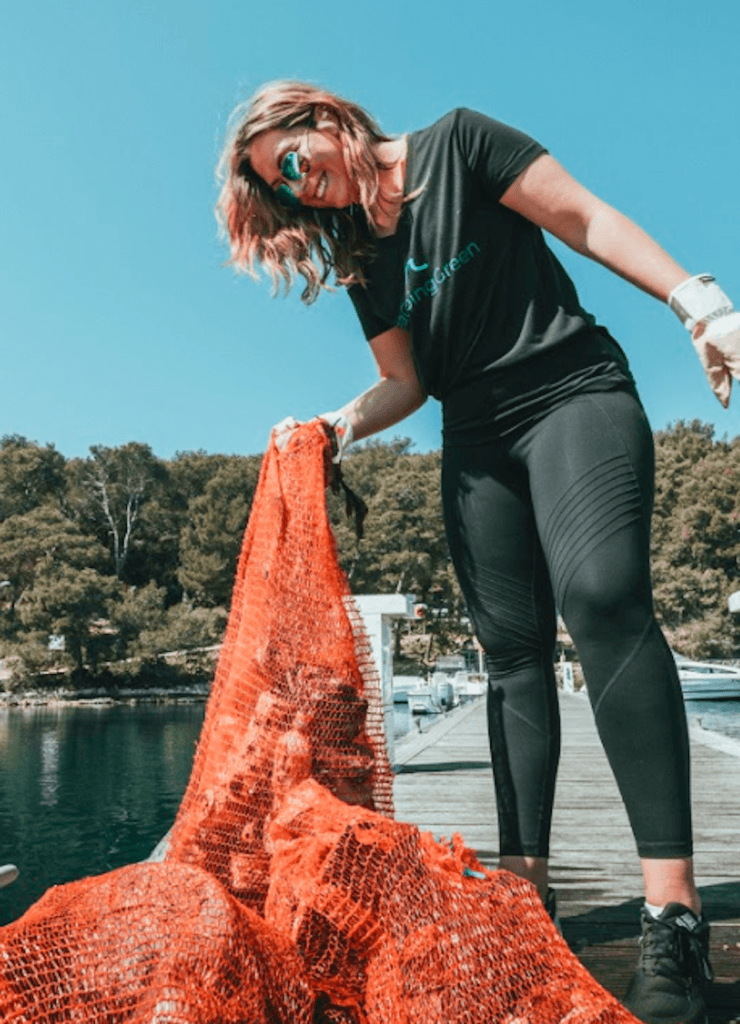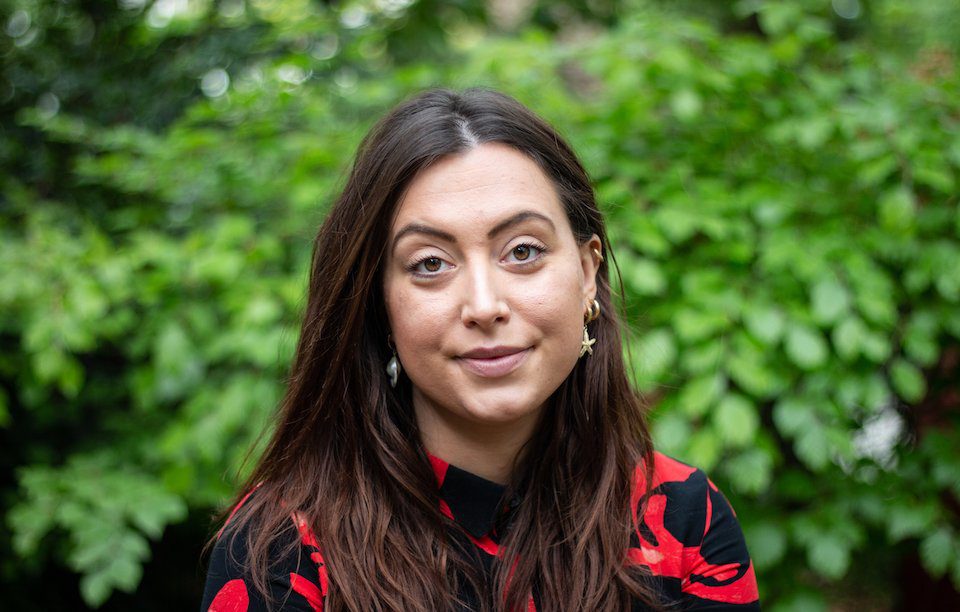Ally Dragozet, CEO of Sea Going Green shares her thoughts and ideas on how we can all do our bit to build a positive travel legacy.
Ally Dragozet is the founder and CEO of Sea Going Green, a sustainable tourism consultancy based in Amsterdam, The Netherlands.
Ally’s background is Serbian/Croatian, but she grew up in Toronto, Canada. Spending most of her life in between Canada and Croatia, her summers in coastal Croatia were where she became interested in the marine environment and sustainable tourism.
It was also the first time she’d experienced over-tourism and seen, first hand, the negative impact it has on the environment and coastal communities.
Ally is a marine and freshwater biologist with a background in Oceanography and Limnology. She has also worked with the WWF-NL team, on a reintroduction program of rays into the North Sea and now focuses her energy on inspiring businesses to capture economic opportunity through sustainable tourism development.

What was it that inspired you to join the travel industry?
I have been travelling since I was one, my parents were always planning the next trip after moving to Canada. As I got older I was always looking for more ways to travel; joining exchange programs and summers abroad, but after a while, I wanted to do more.
This is when I started working for a travel operator, and went on many trips around North America and the Caribbean with them. I saw the industry view of tourism and was really confronted with the impact of one of my biggest passions. This is when I started to want to be a part of a project that bridged together my two biggest interests: tourism and marine biology.
After graduation, I became inspired by the United Nations declaring 2017 as the “Year of Sustainable Tourism”. After looking for jobs in the sustainable tourism sector and realising there wasn’t much at all, I realised that there was a huge gap where new initiatives could provide a fresh take on how to create formative change within the tourism industry. I then founded Sea Going Green in April 2017 as a sustainable tourism consultancy.

What concerns you about the long term impact of travel on people and the planet?
I have many concerns about the long term impact of travel, but I also believe the industry has the power to change so that we can all continue to benefit from travel.
No one can deny that the tourism industry has a lot of work to do to lessen the impact that it is having on our planet and its inhabitants. From the flights that we catch to the food we consume to the waters that we swim in; we can’t completely eliminate the impact that humans are causing and the large-scale damage that has already been done, which is indeed concerning.
The good news is that we can greatly reduce our impact by understanding what our impact is and what causes it.
From this starting point, we can make conscious decisions to cut down our personal carbon footprint, while continuing to put pressure on the industry for more sustainability initiatives.

Do you think travel can change the world?
I believe that *sustainable travel* has the power to create positive change in the world.
Tourism is a leading creator of job opportunities, a critical provider of GDP for many countries and island nations, not to mention that it is a rapidly growing industry with an estimated 1.8 billion international arrivals expected for 2030.
Therefore without tourism and the desire for human mobility, our world would be very different economically, environmentally and culturally.
With such a large significance on a global scale, the potential for green impact generated by the tourism industry is huge. Once tourism operators, the hospitality industry and governments realise that sustainable tourism is really the only way forward to ensure that destinations remain both attractive in a physical and economic sense, as both are essentially intertwined with the destinations’ profitability.
Hence, it is important to first make these big players and stakeholders aware that sustainable tourism can save money in the long-term, thanks to improved business operations, architectural resilience and long-term strategic investments that take pressure off the marine environment before damage can no longer be reversed without shutting down destinations or pushing tourists away, which leads to environmental and economic damage.

Are you seeing positive change happening in responsible and sustainable travel?
Yes. I’ll be honest, for now, it is a bit of an uphill battle. But that doesn’t mean that many companies and governments aren’t making strides towards more responsible practices and policies.
The conversation around the kind of tourism that destinations would like to attract is coming to the forefront, as some are now trying to recover from the impacts of tourism.
This is definitely a good start to introducing sustainable tourism initiatives, which can bring in new target groups of tourists that come for authentic experiences and adventure – beyond instagram-worthy sandy beaches and nightlife.
Policy and recent legislations are on our side now as we see more plastic bans, carbon taxes and subsidies being released to promote sustainable development for the industry.

Is there a particular moment or milestone in your life, that changed your outlook on things and inspired you to want to make change?
It was when I was studying in Asia, seeing the extent of plastic pollution and habitat destruction in the most beautiful and non-touristy areas, that I knew the tourism industry desperately needed an overhaul of current practices.
I realised that while tourism can cause harm, it doesn’t necessarily have to if managed properly.

What advice would you give to people wanting to travel more responsibly?
Every little bit helps. With the power of social media and the interconnectivity that we have now, sharing your own personal efforts to act sustainably can make a big difference to influence others to follow suit!
Though making the first few steps can seem small and make you feel like there’s a long way to go, acknowledge how far you’ve come and know that you’re part of a global movement towards sustainable tourism.
Travelers are becoming more conscious than ever about their environmental footprint. Be a prepared traveler and bring a reusable water bottle and tote bag, along with some ocean safe sunscreen and a shampoo bar, just to name a few.
My biggest advice would also be to consider alternative means of transport if it is possible and to minimize flying, this is something I personally struggle with, as my work takes me all over the world. Trains and buses not only produce less CO2 emissions, but also can be a nice way to discover a destination!
Click here to find out more about Sea Going Green.
How can you travel to change the world?
Congratulations! By reading this post and taking some of these insights on board, you’ve already made a difference.
Now you can easily create your own impact by sharing your new-found knowledge. Share this link to a friend who you think would be interested or post it on your own social media.
Ultimately, it all comes down to staying curious, keeping yourself up-to-date and making yourself accountable for your actions on your travels.